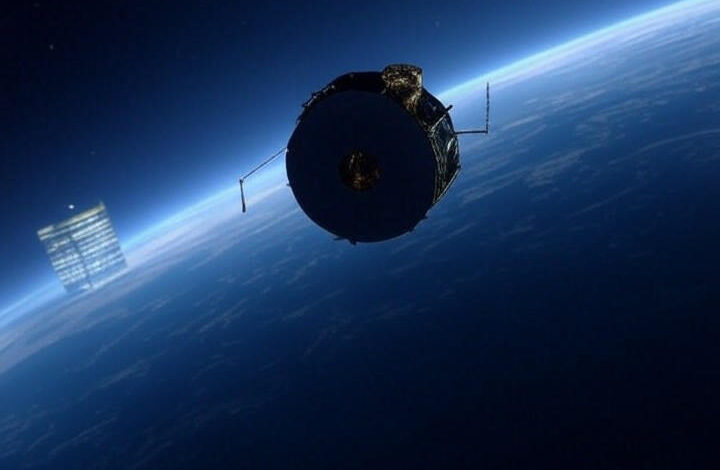EU Announces Urgent Deployment of LEO Satellites to Combat GPS Jamming

BREAKING: The European Union is taking decisive action against GPS jamming threats, just announced by EU Defence Commissioner Andrius Kubilius. On Monday, plans were revealed to deploy additional low Earth orbit (LEO) satellites to enhance Europe’s defenses against increasing disruptions attributed to geopolitical tensions, particularly from Russia.
This urgent move follows a serious incident on Sunday when the plane carrying European Commission President Ursula von der Leyen experienced GPS jamming during a flight to Bulgaria. Officials suspect Russian involvement in this alarming interference, which highlights the vulnerabilities in current satellite navigation systems across Europe.
As reported by Reuters, Kubilius emphasized the necessity for improved detection capabilities and a more resilient satellite network to counter these threats effectively. The incident has escalated concerns over the safety and reliability of aviation, maritime, and military operations, prompting the EU to act swiftly.
The jamming of von der Leyen’s aircraft is part of a troubling trend of satellite disruptions reported from Finland to the Mediterranean. Sources indicate that GPS spoofing and jamming incidents have surged, raising alarms about the security of high-level travel and essential civilian infrastructure.
In response, the EU plans to integrate these new LEO satellites with existing systems like Galileo, the bloc’s own global navigation satellite system. This hybrid approach aims to provide redundant signals that are more challenging to jam, utilizing advanced anti-jamming technologies. Experts note that LEO constellations deliver lower latency and stronger signals, making them ideal for countering electronic warfare tactics.
Beyond immediate defense measures, this initiative marks a strategic shift for the EU towards achieving autonomy in space. Various posts on X (formerly Twitter) from users like Bloomberg illustrate the bloc’s commitment to building its own satellite networks, such as the ambitious €10.6 billion IRIS2 project, designed to provide secure internet connectivity, independent from non-EU systems like Starlink.
The push for enhanced satellite capabilities is partly fueled by concerns over reliance on external providers in contested environments. Additionally, the EU’s strategy includes bolstering detection tools to identify jamming sources in real-time, potentially involving AI-driven analytics and international cooperation.
However, implementing these enhancements will face significant hurdles. Budgetary constraints and the technological integration required pose challenges, with the EU allocating substantial funds to space defense amid competing priorities. Reports indicate that the deployment will focus on low and medium Earth orbits, targeting operational readiness by the end of the decade.
Geopolitically, this development may further strain relations with Russia, which has denied involvement in these incidents. Nevertheless, it positions the EU as a leader in space resilience, influencing global standards for satellite security. As jamming becomes a pivotal aspect of hybrid warfare, these investments may set important precedents for allied nations.
For aerospace and defense firms, this initiative opens avenues for innovation in satellite manufacturing and anti-jamming solutions. Companies like Kratos Defense are already developing Global Navigation Satellite System (GNSS)-based technologies resilient to contested environments, aligning with EU procurement needs.
Ultimately, the EU’s proactive stance signals a significant shift towards fortified space assets, vital for maintaining economic and security stability in an era of escalating electronic threats. With deployments planned for 2025 and beyond, industry insiders are closely monitoring how these measures evolve amidst ongoing global conflicts.
Stay tuned as this story develops and the EU’s space defense initiatives unfold.






